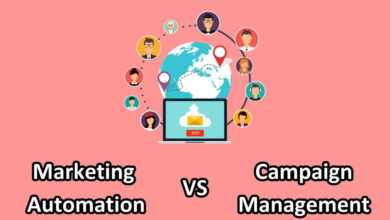Debtor and creditor are two very important terms in the business and financial world. In this article, we will understand the complete difference between both these terminologies. The content of the blog is as follows.
Definition Of Debtors
In finance, the debtors generally refer to a person, party, or entity that owes money to another entity or a party. The other terms that can be used for a debtor are borrower, mortgagor, debt holder, lessee, or customer. Debtors may be individuals, small businesses, large businesses, companies, banks, or government agencies. The word debtor is derived from the Latin term ‘debrere’ which means ‘to owe’.
A debtor owes a debt, which is then split up into monthly repayments on a predefined spell until it is finally paid off. Moreover, the debtor may need to repay interest on the value of the debt he owed. A company is supposed to investigate the person’s credibility, financial status, and capacity to pay, before allowing goods and services on credit to him.
Definition Of Creditor
On the other hand, creditors refer to individuals, parties, government institutions, or companies that lend or extend credit to another party or entity. They have underwriting activities that identify which debtors are eligible for loans/debt. Creditors collect payments from the debtors over the course of a predefined repayment period. If a debtor fails to pay the debt within the limited time of the contract, then the interest is charged for it. The three forms of creditors are:
- Secured Creditors- Secured creditors are those creditors who issue or allow debt after pledging assets as collateral.
- Unsecured Creditors- These are the creditors whose debt is not backed by any collateral.
- Preferential Creditors- The creditors who get priority over unsecured creditors for the repayment of the debt if the debtor declares bankruptcy, are called preferential creditors.
Difference Between Debtors And Creditors(Table)
| Basis For Difference | Debtors | Creditors |
| Definition | Debtors refer to individuals, parties, or companies who owe a debt to other companies or parties. | The parties to whom the companies owe a debt are called creditors. |
| What is it? | An account receivable. | An account payable. |
| Provision For Doubtful Debts | Created on debtors. | Not created. |
Key Differences Between Debtors And Creditors
Some of the key differences between debtors and creditors are as follows.
- In finance, the debtors generally refer to a person, party, or entity that owes money to another entity or a party. On the other hand, creditors refer to individuals, parties, government institutions, or companies that lend or extend credit to another party or entity.
- When it comes to status, debtors are the assets of the firm while creditors are the liabilities of the company or organization.
- While debtors fall under the class of accounts receivable, creditors come under the class of accounts payable.
Conclusion
So, with the above discussions, we can conclude that creditor is the one who actually lends the money, while the debtor owes the money to the creditor. The company should keep a track of the time lag between the receipt from the debtor and payment to the creditor, in order to ensure the smooth flow of working capital.


2 Comments